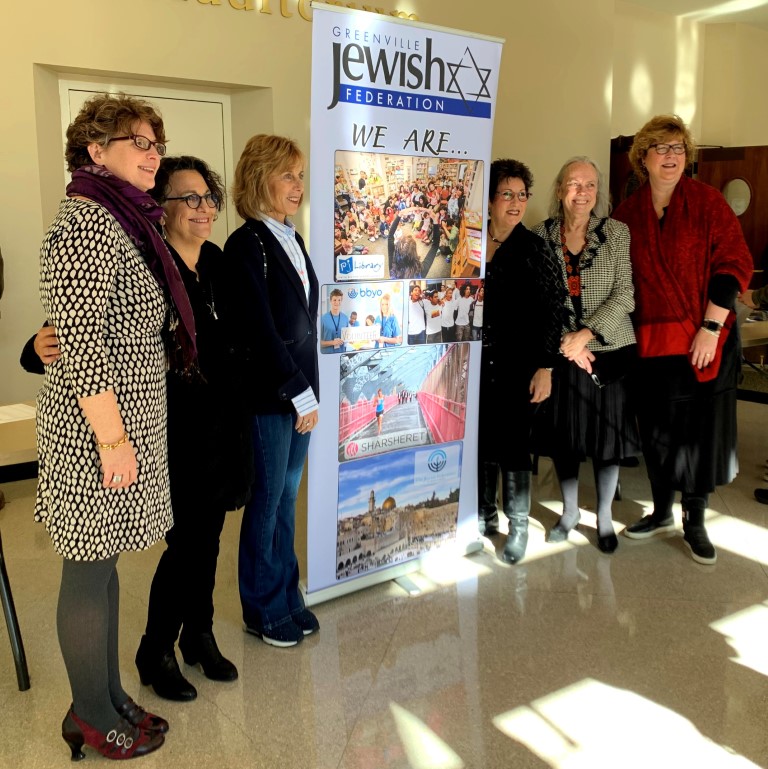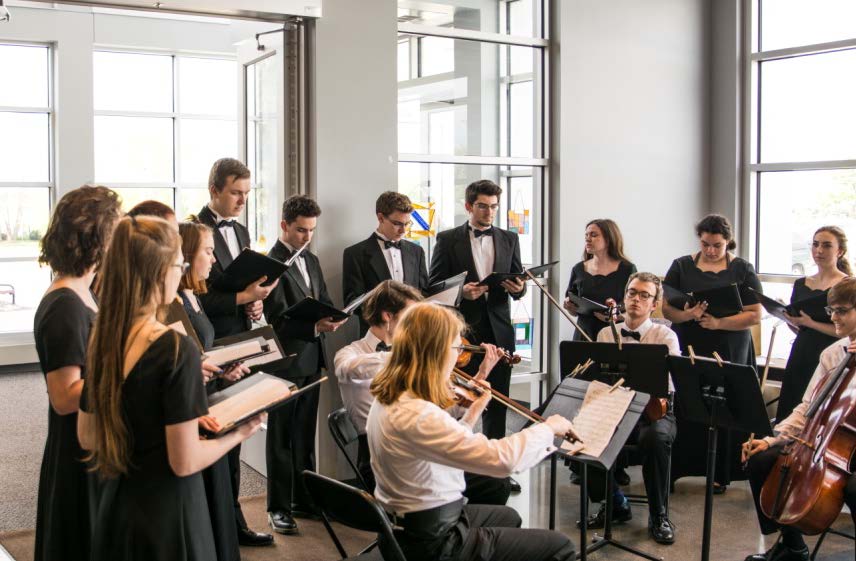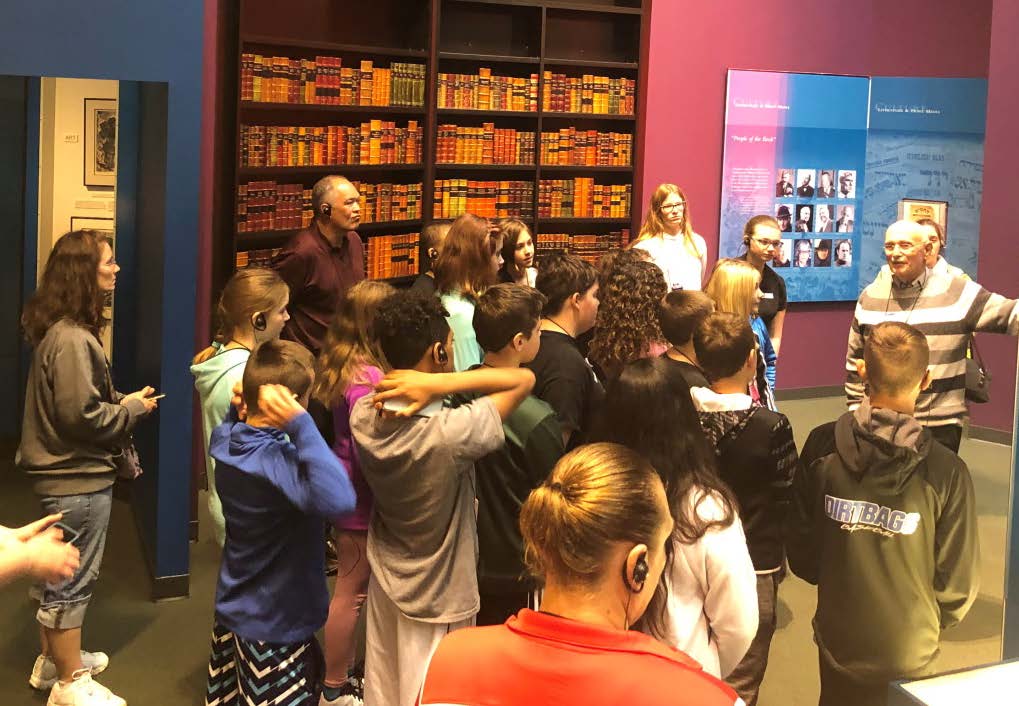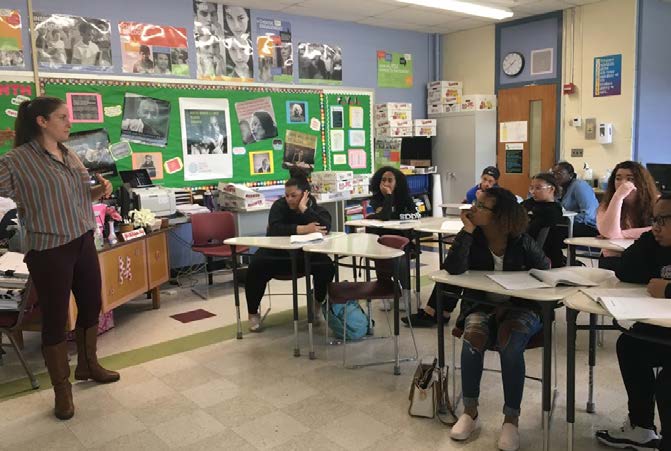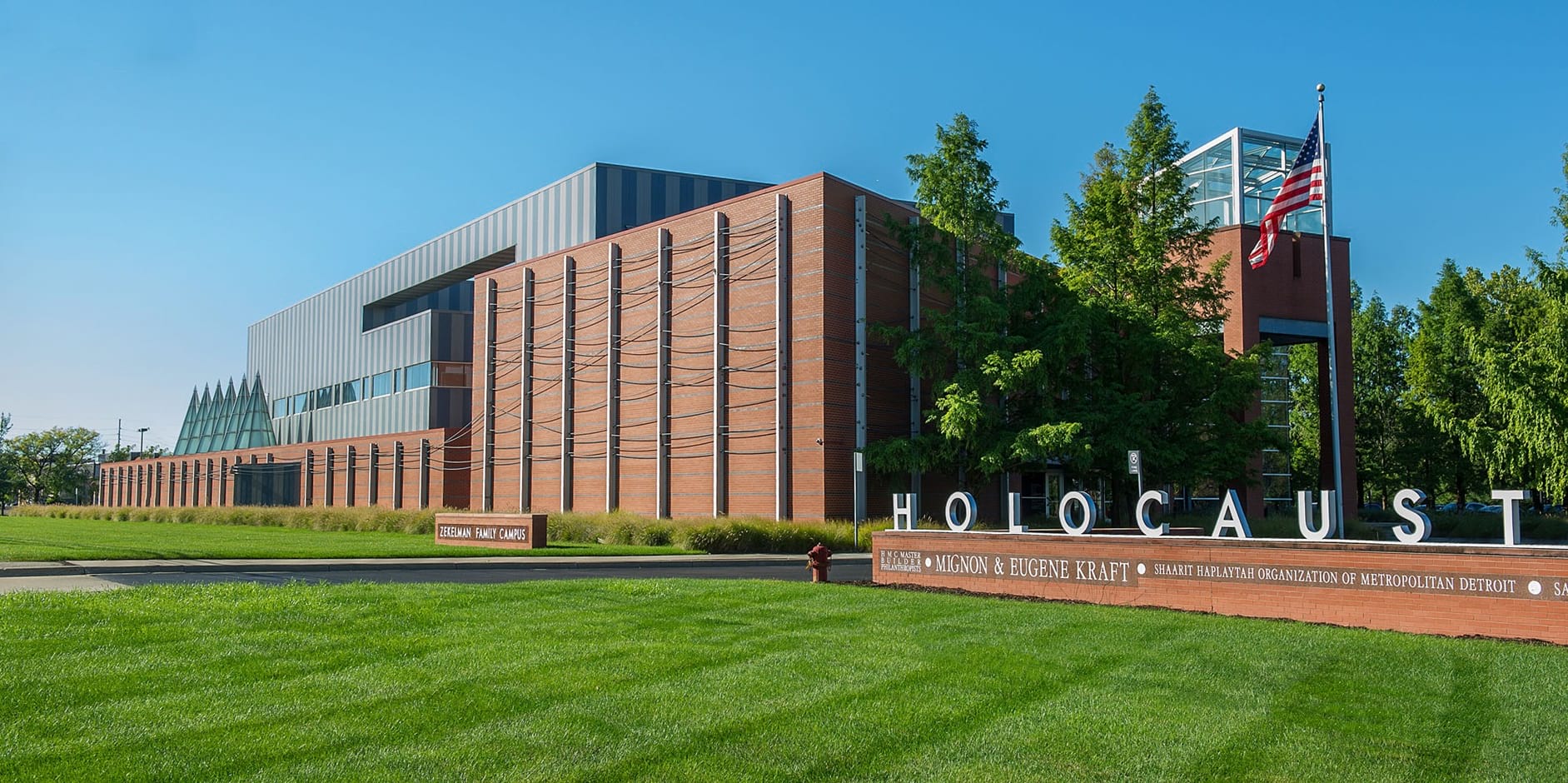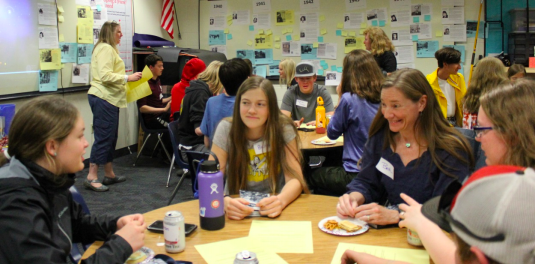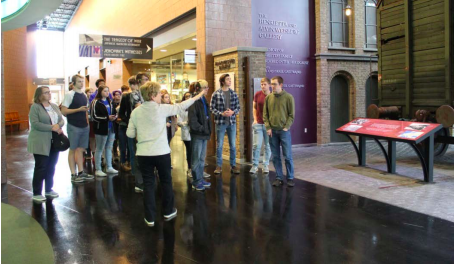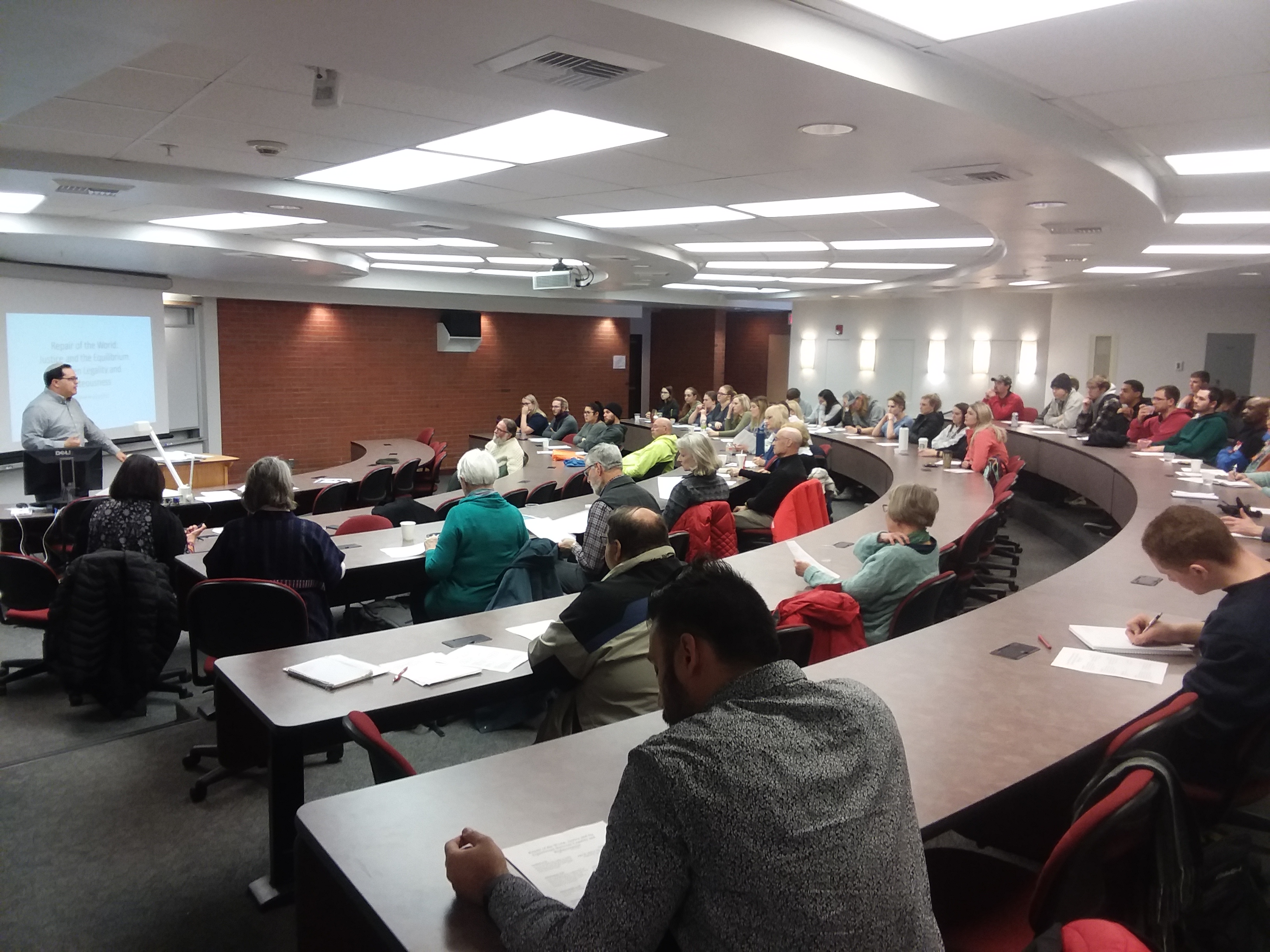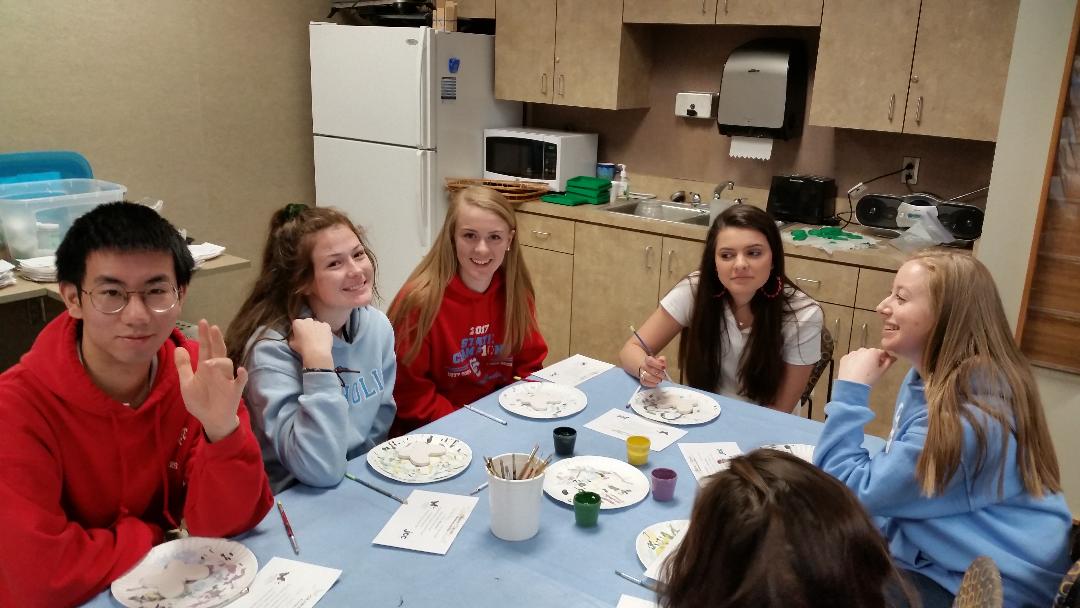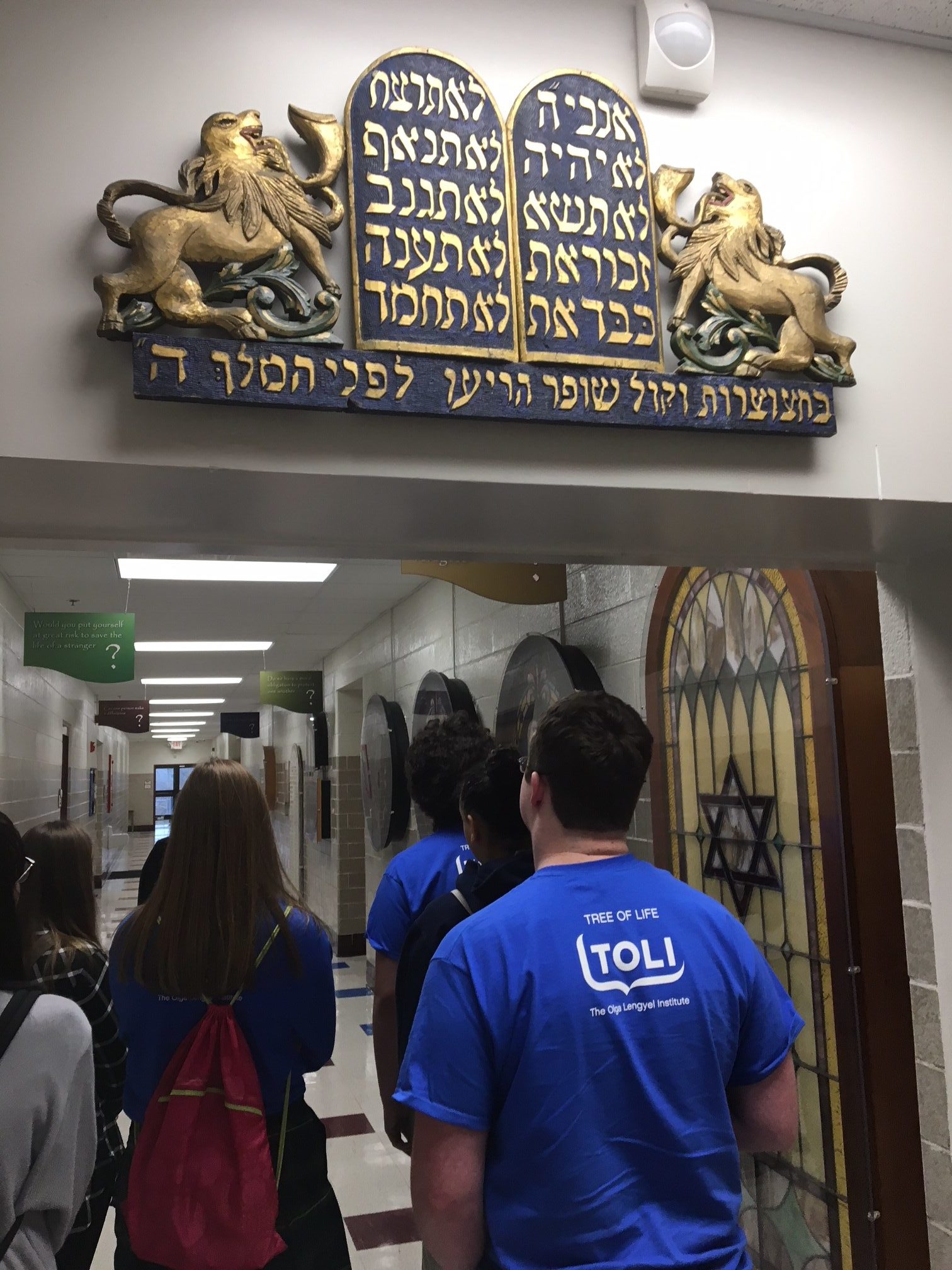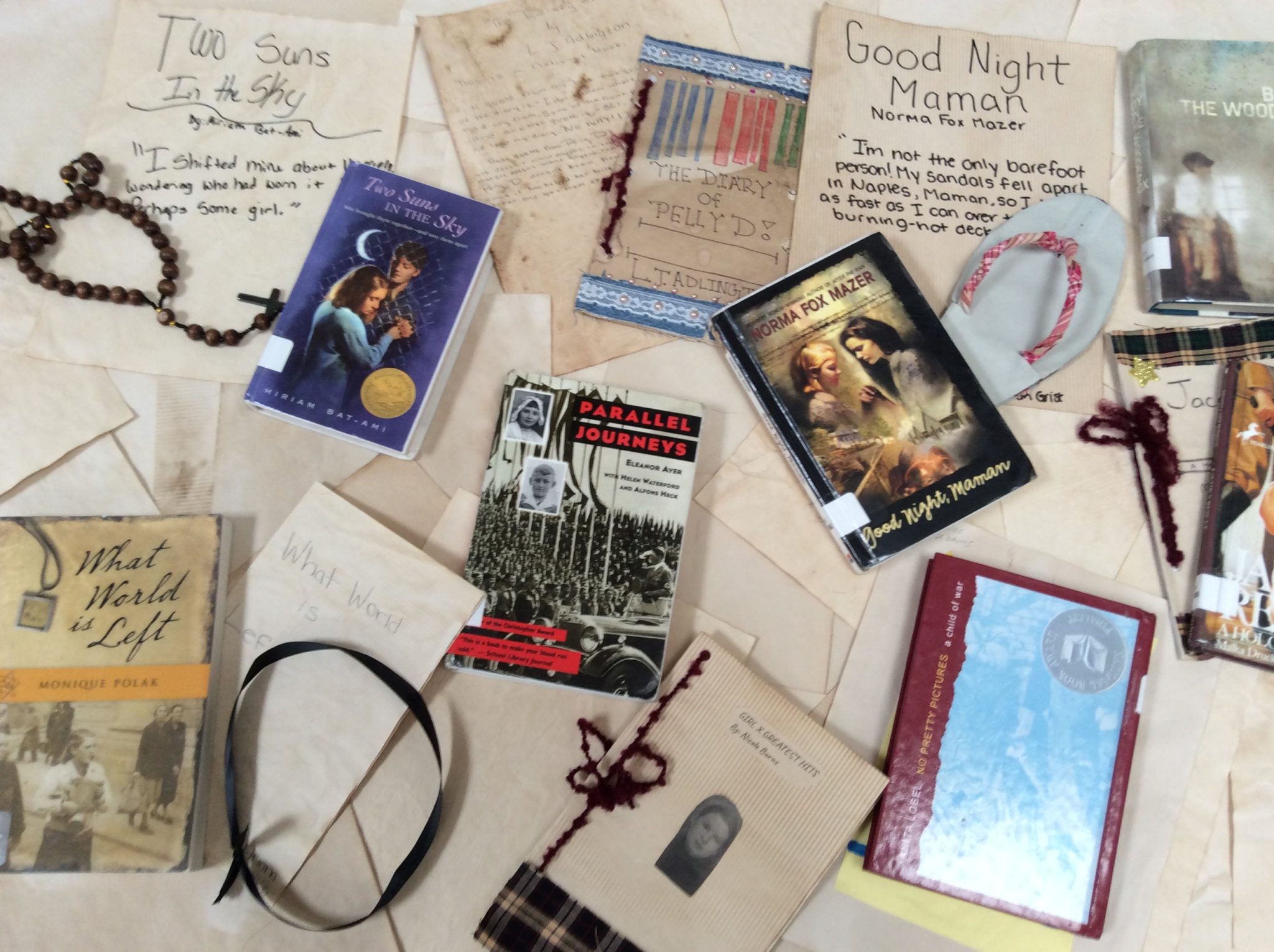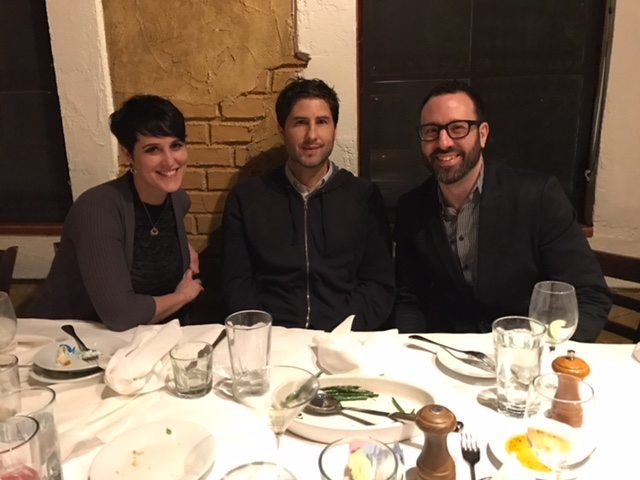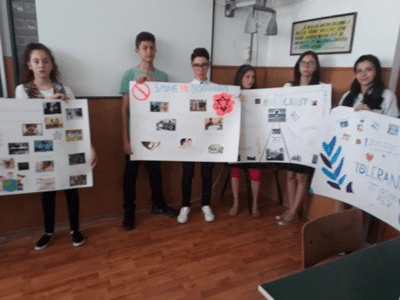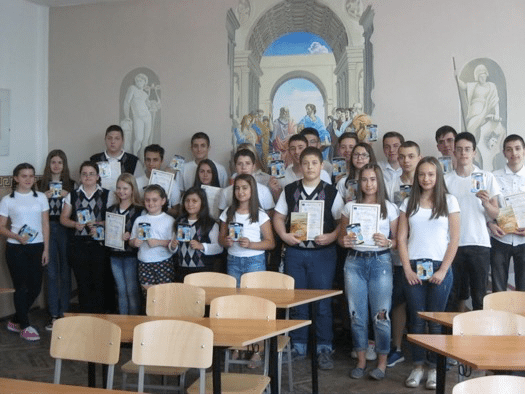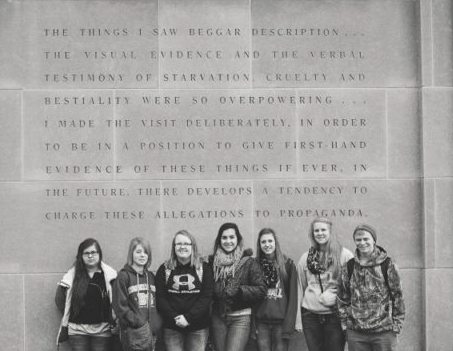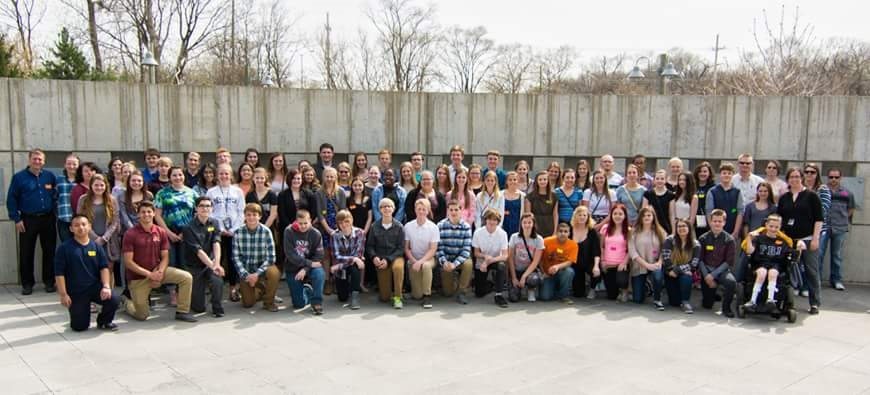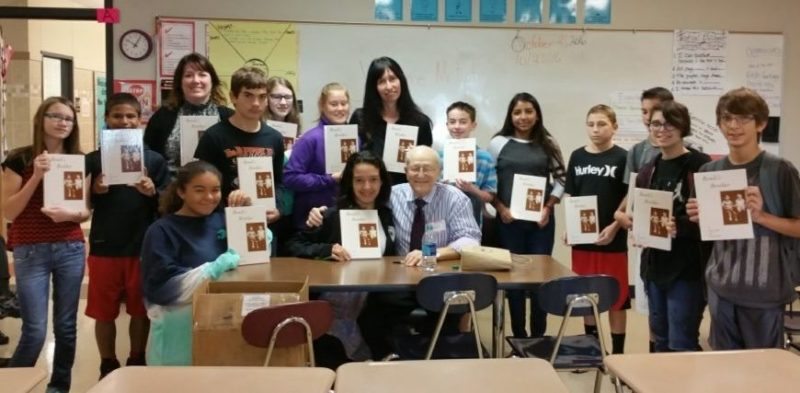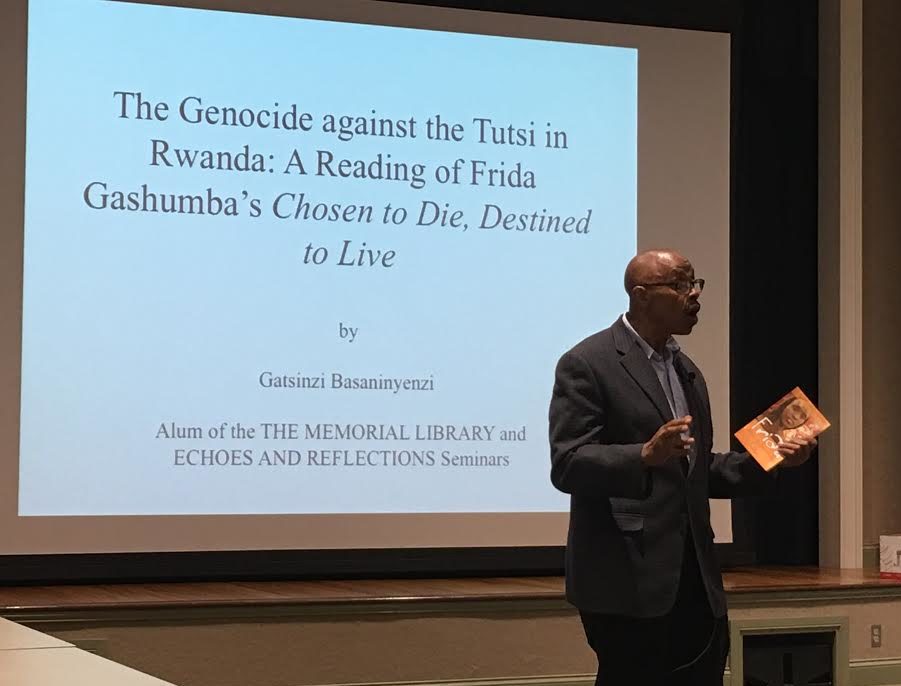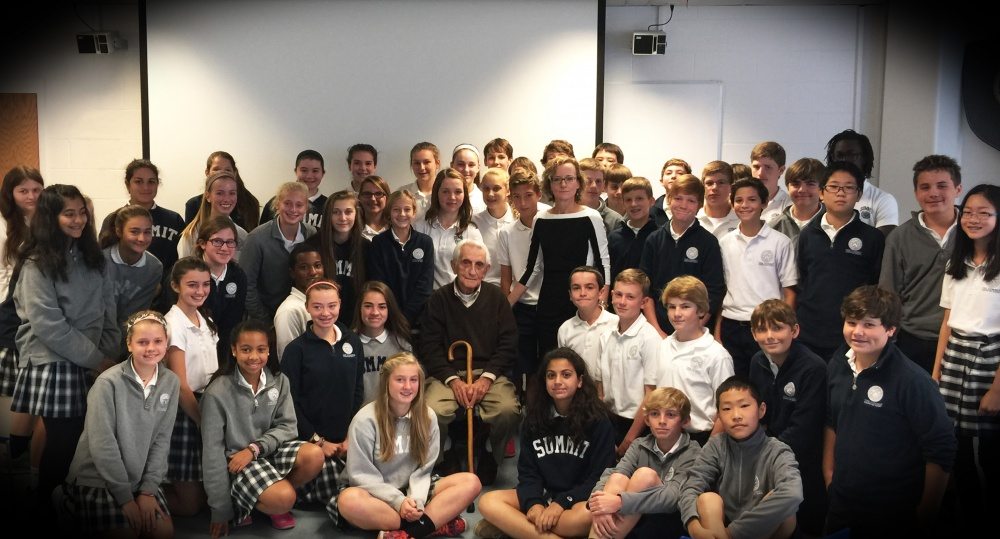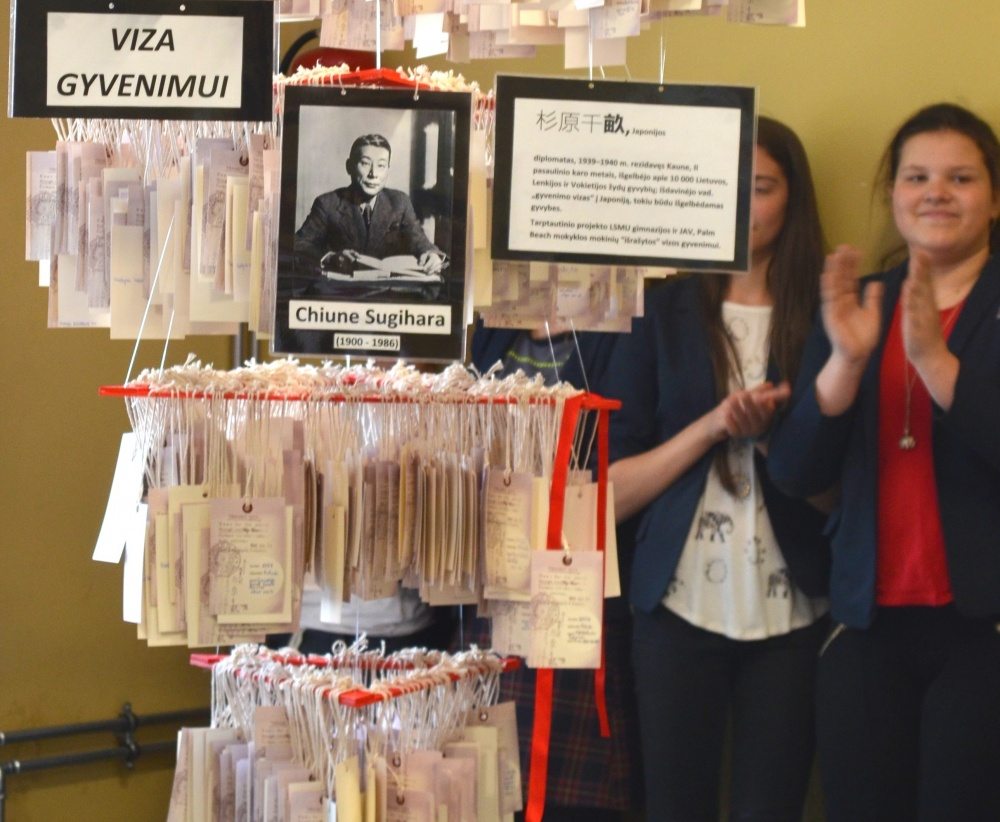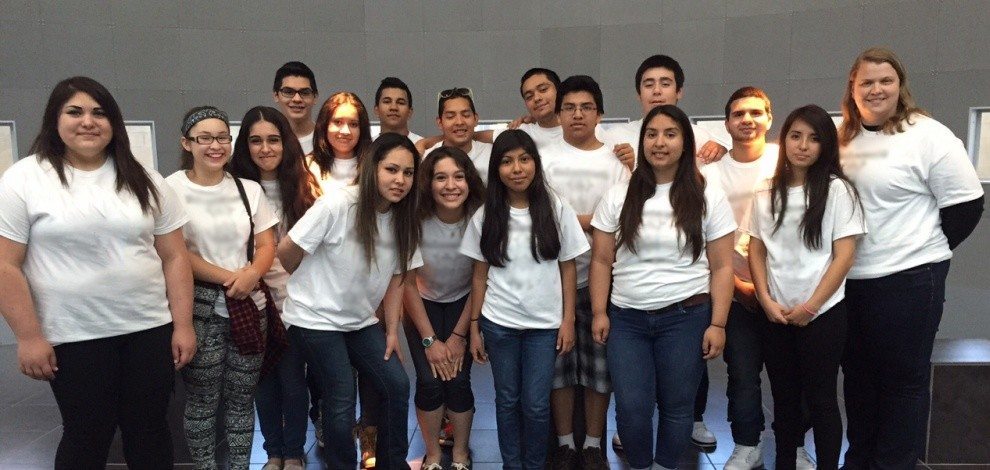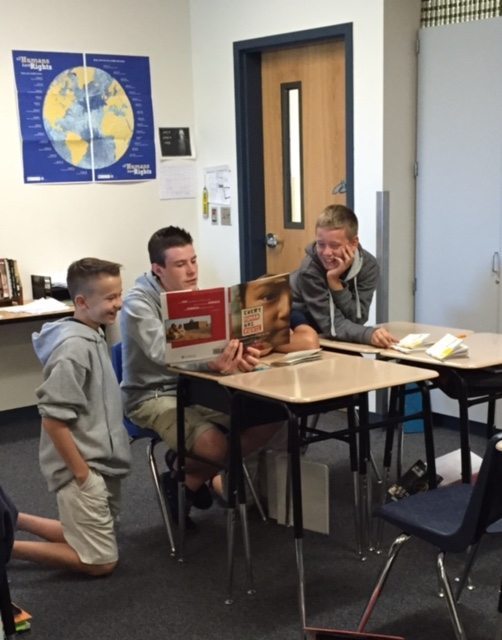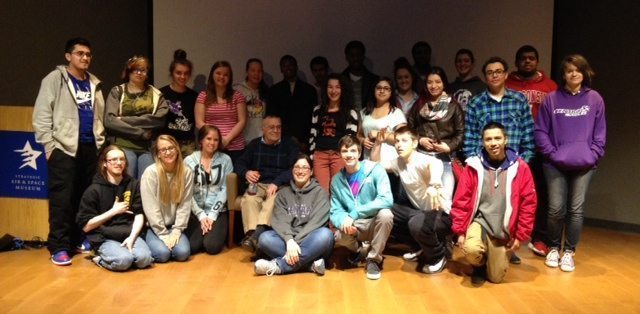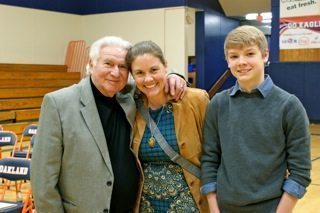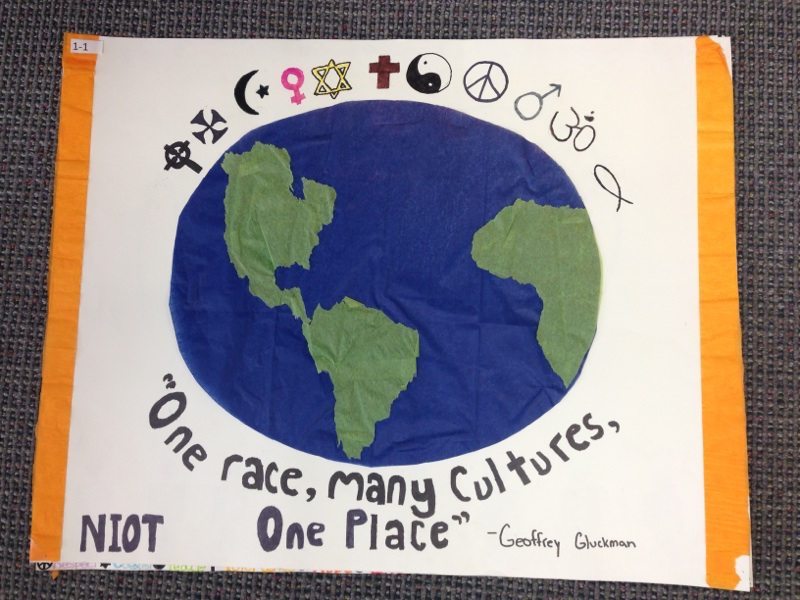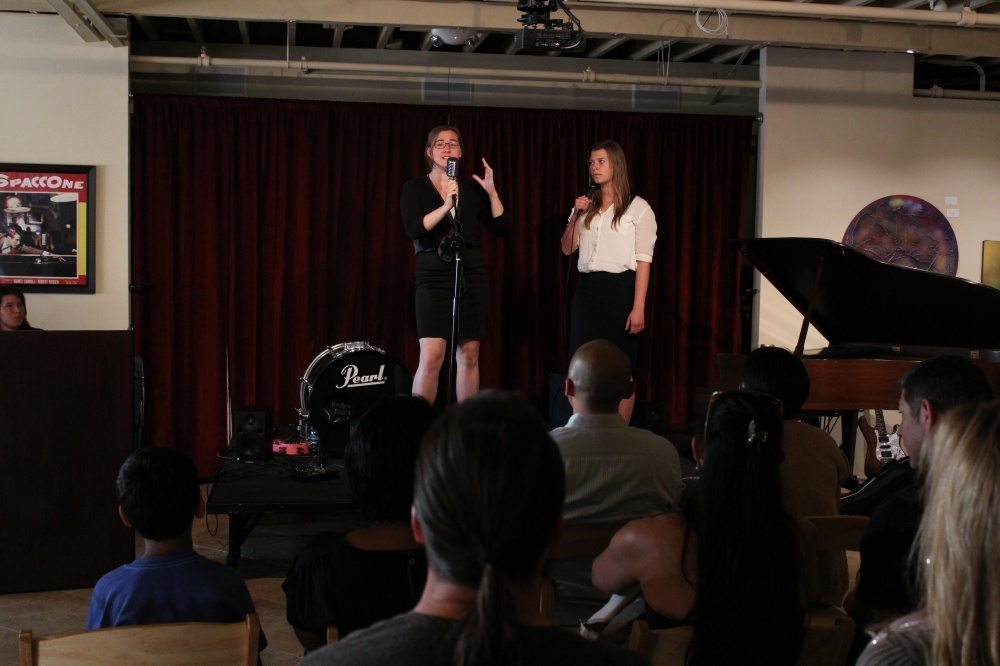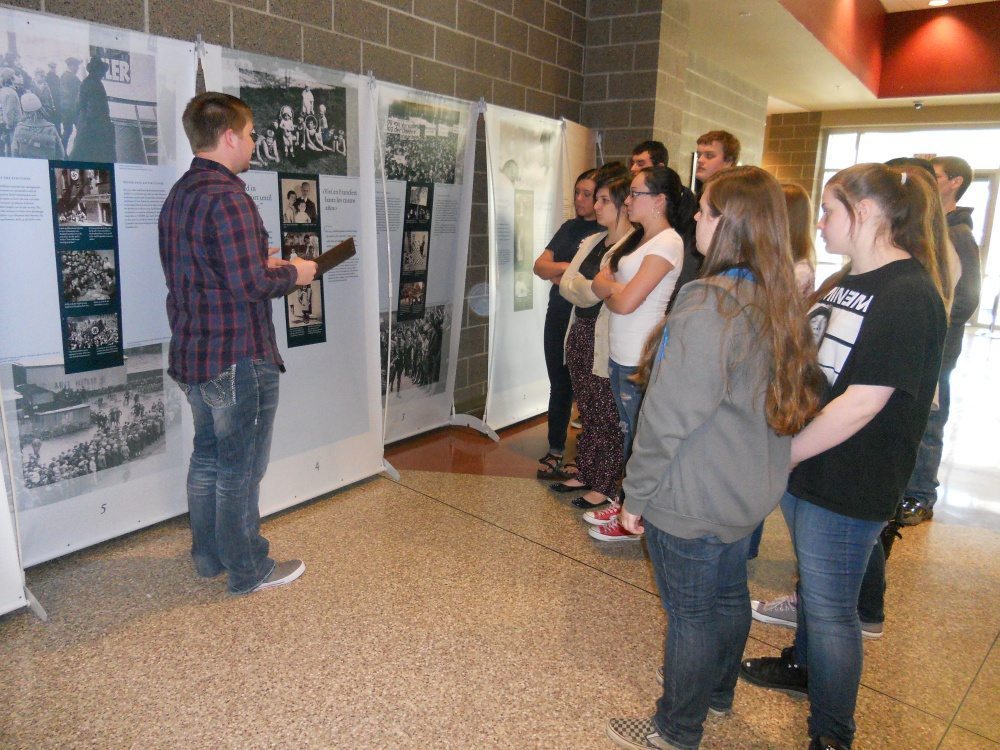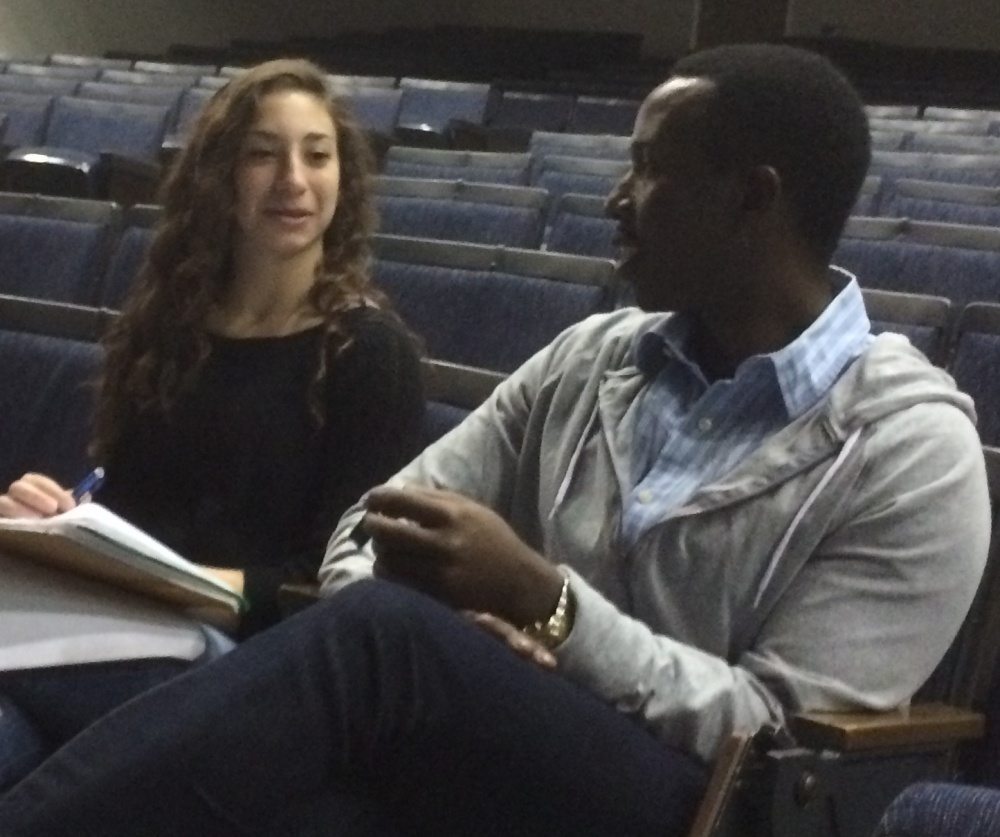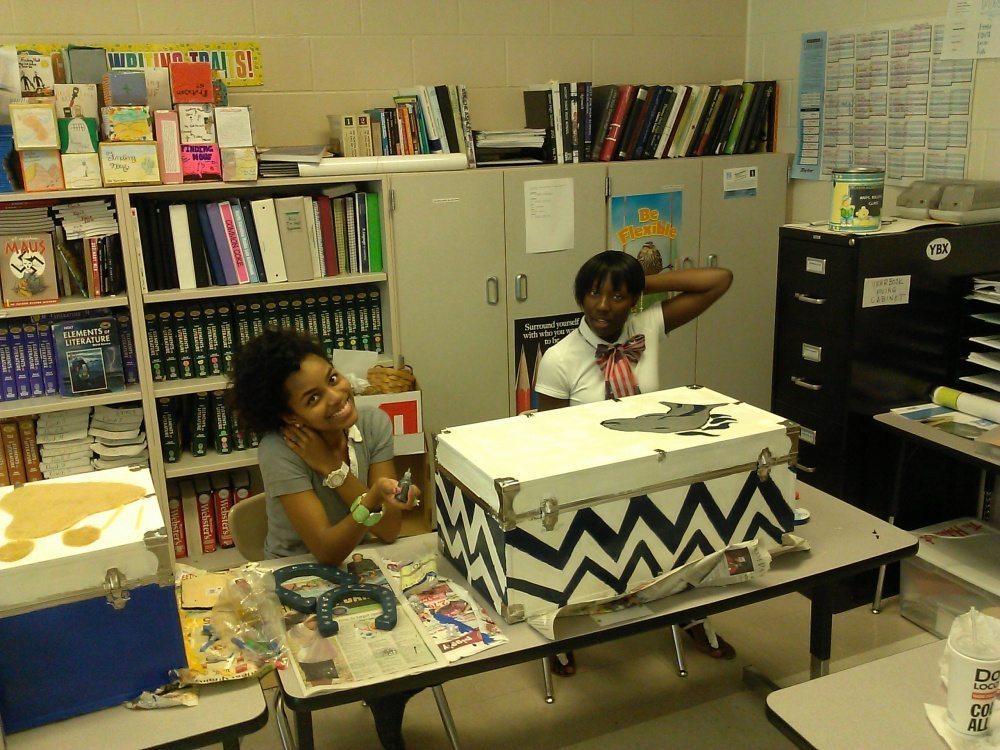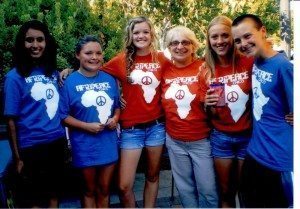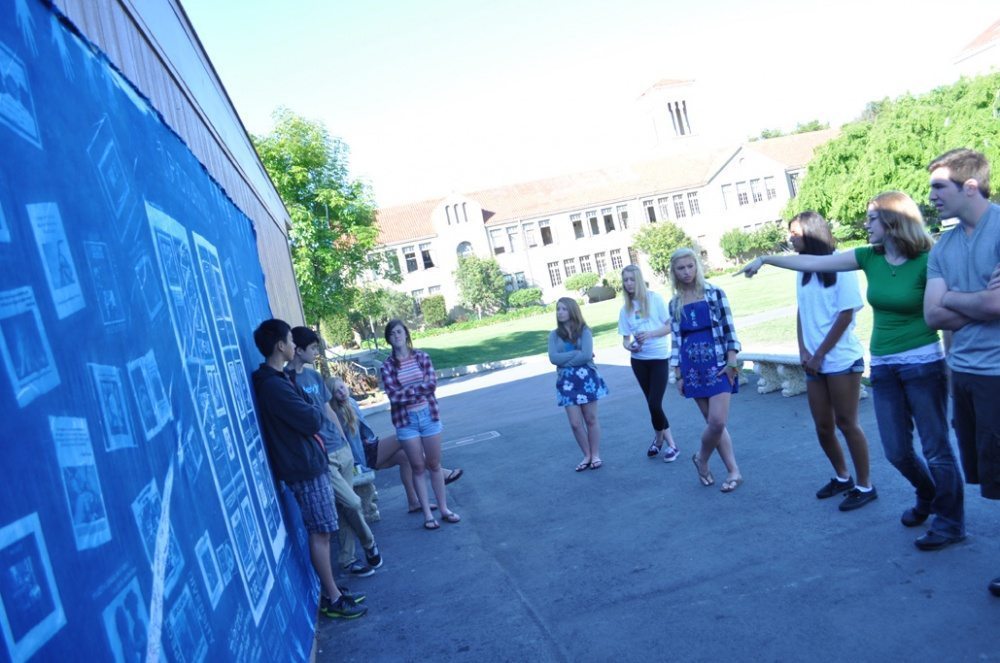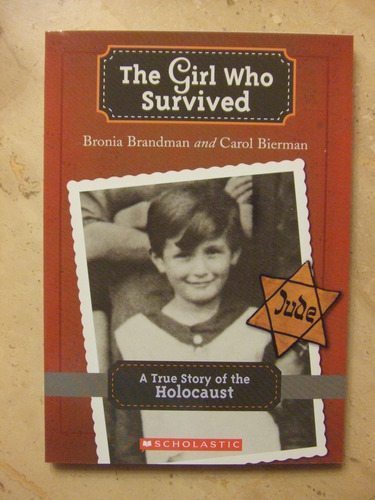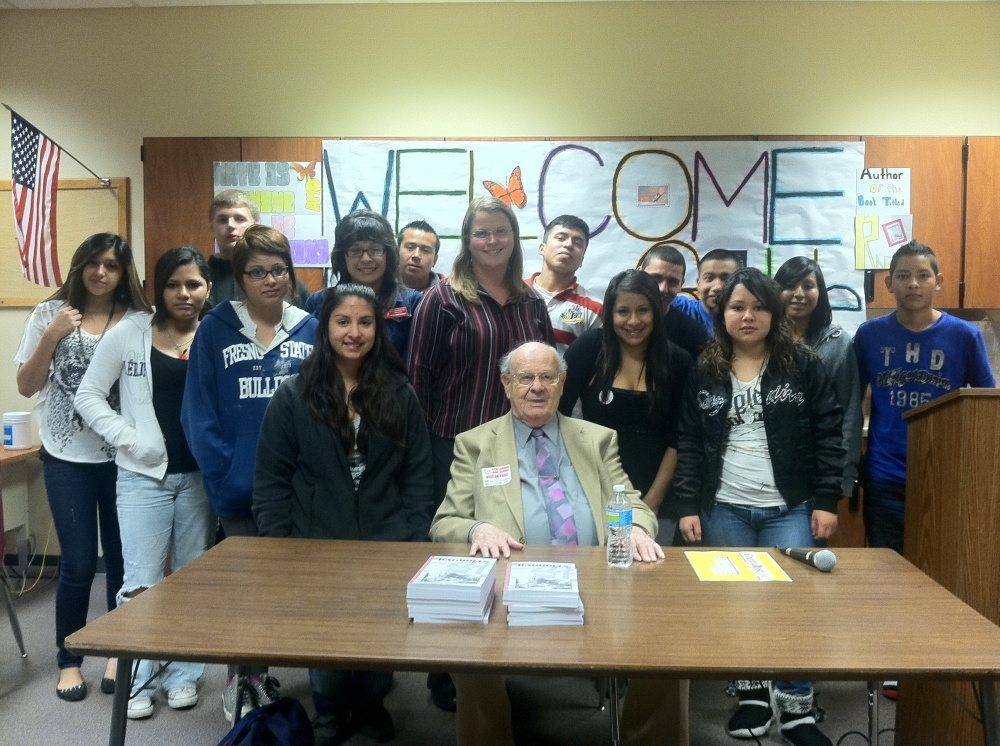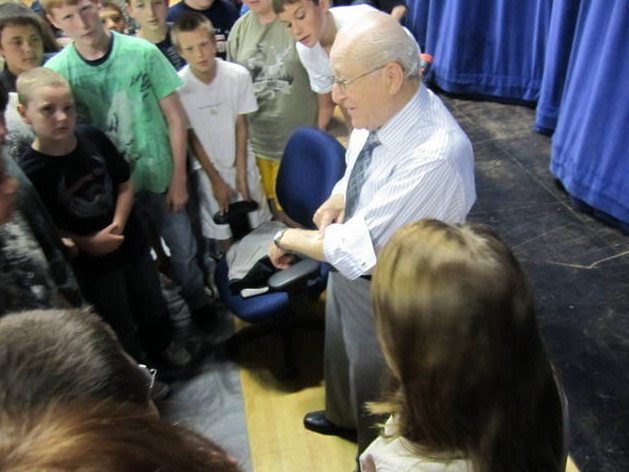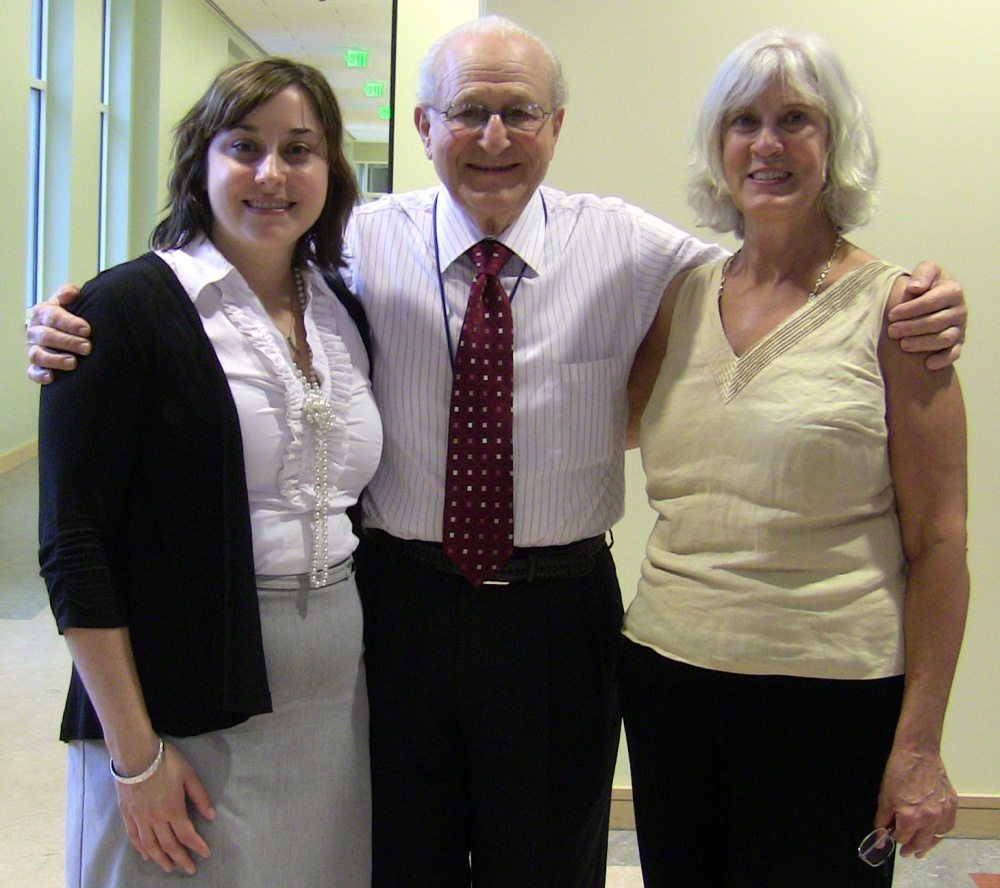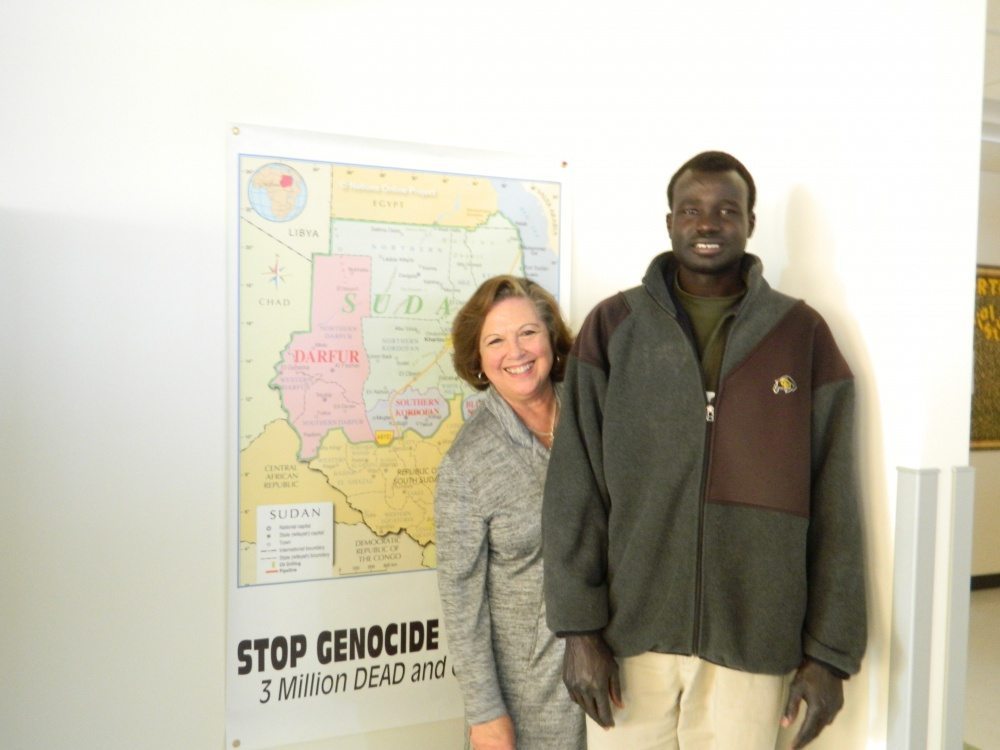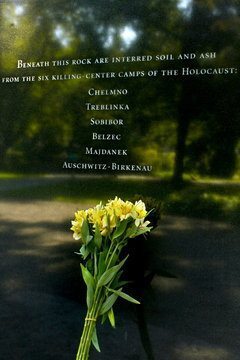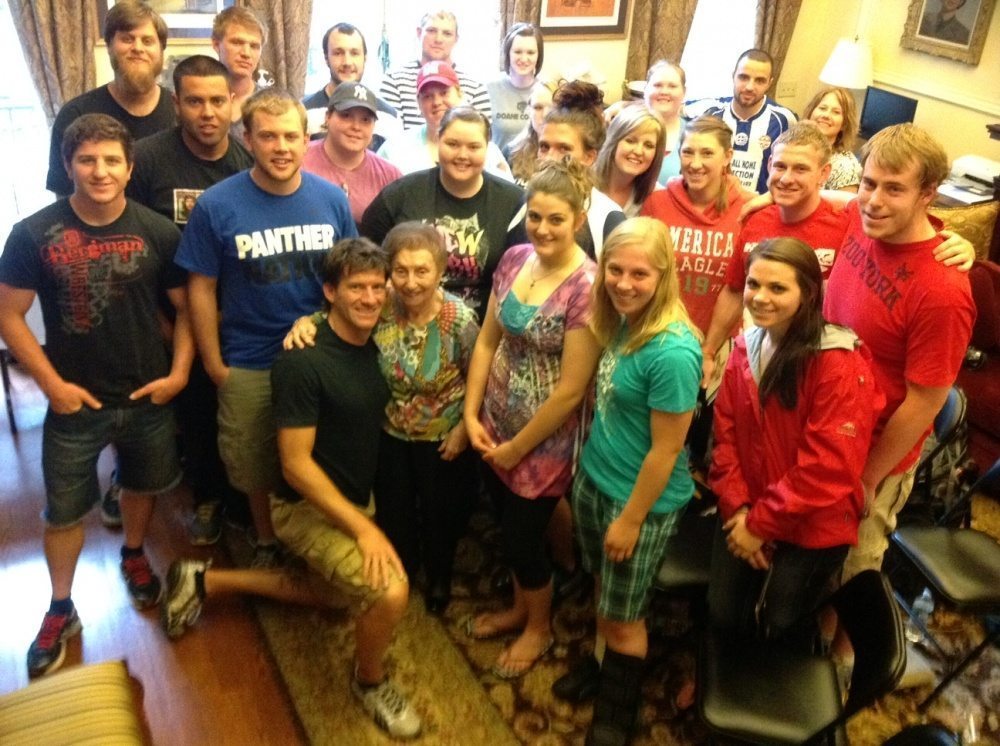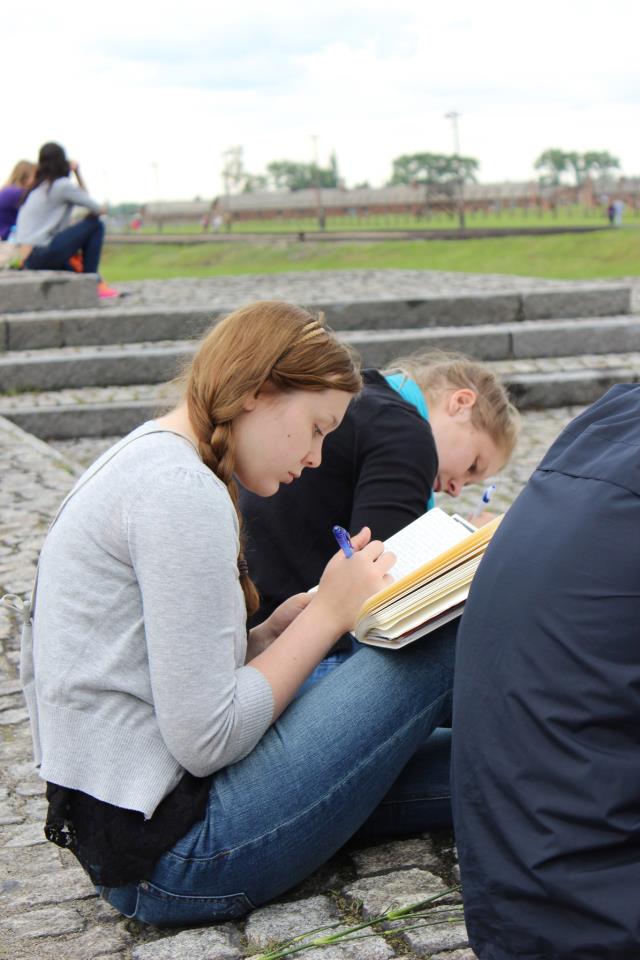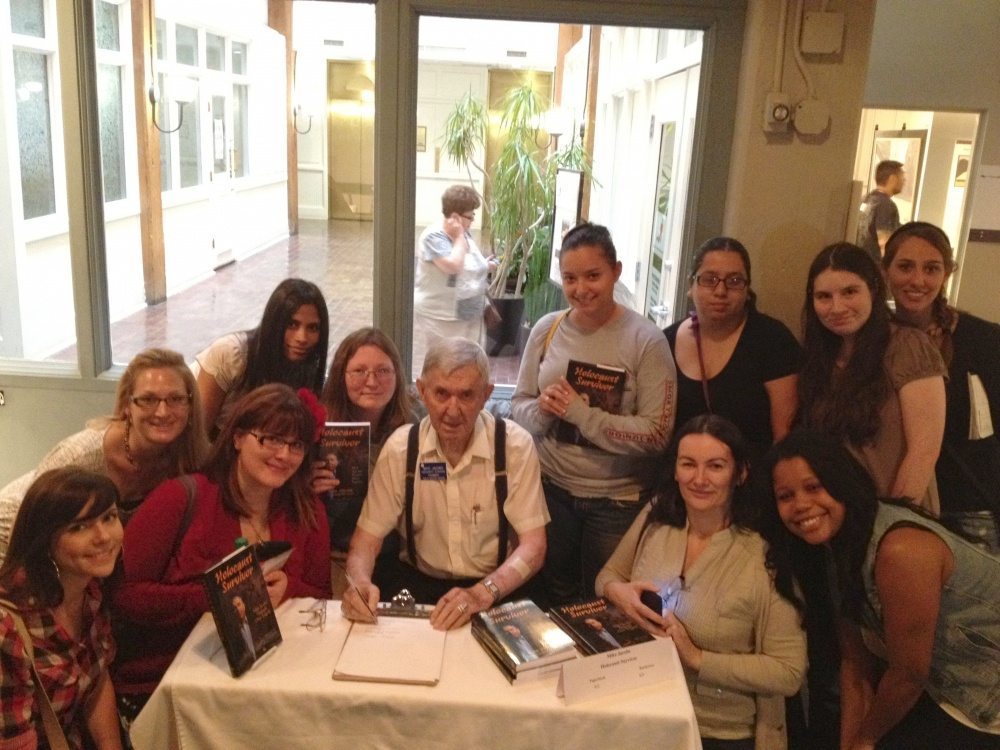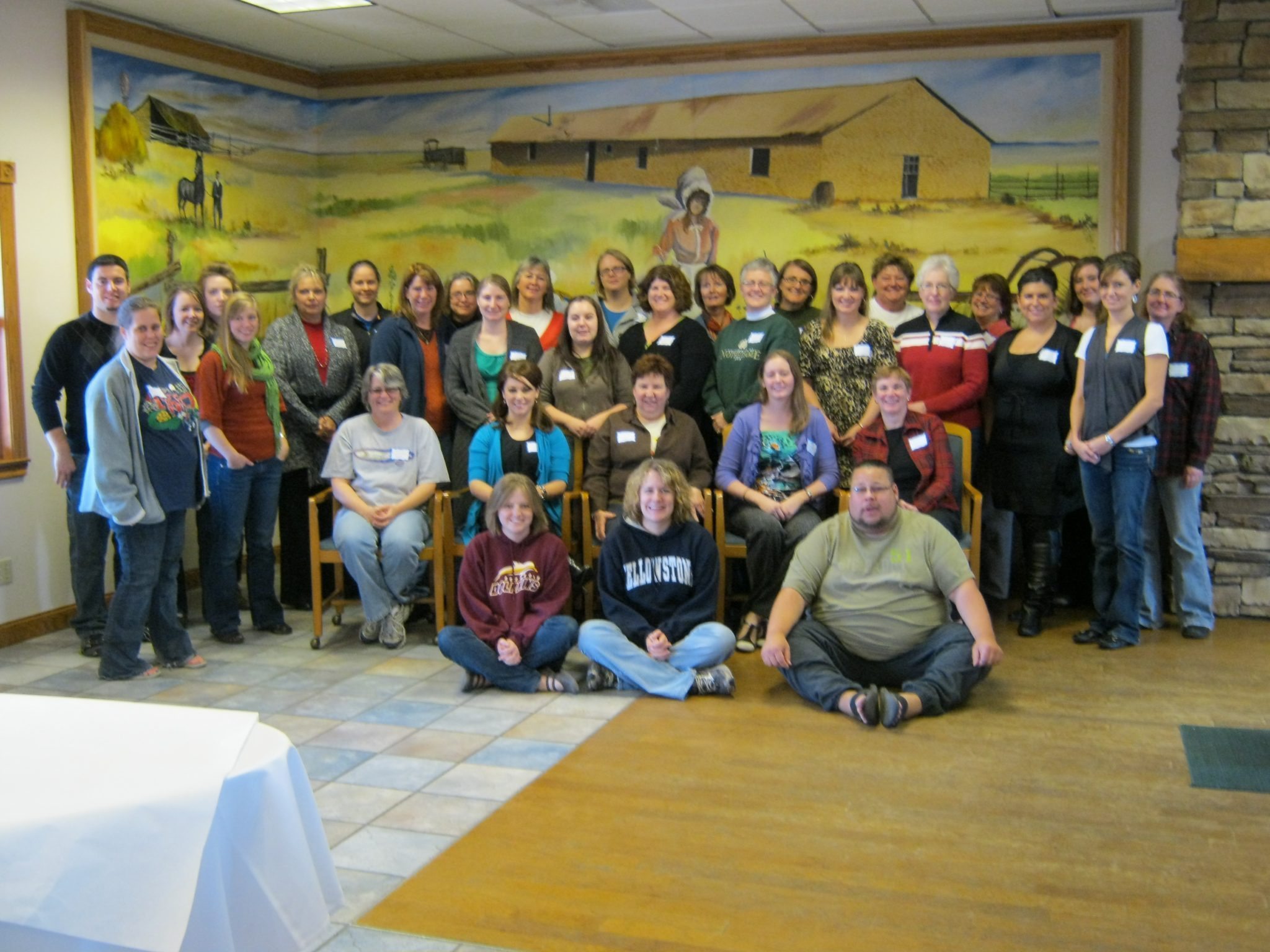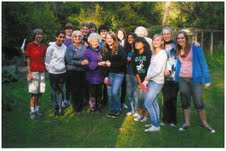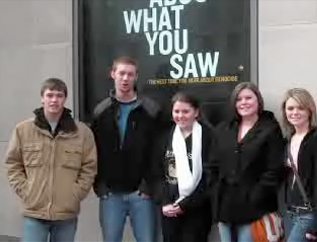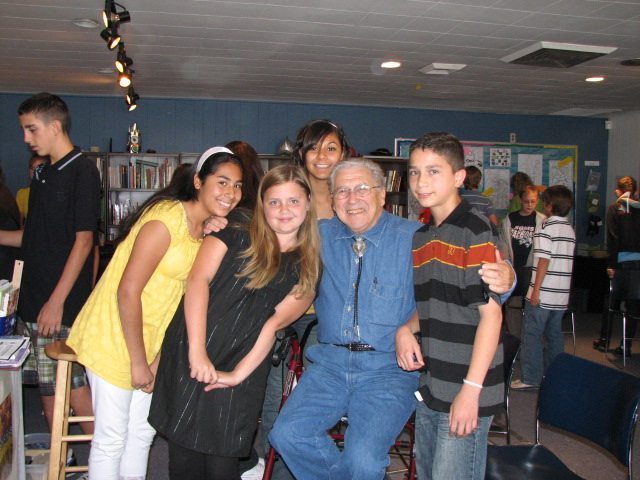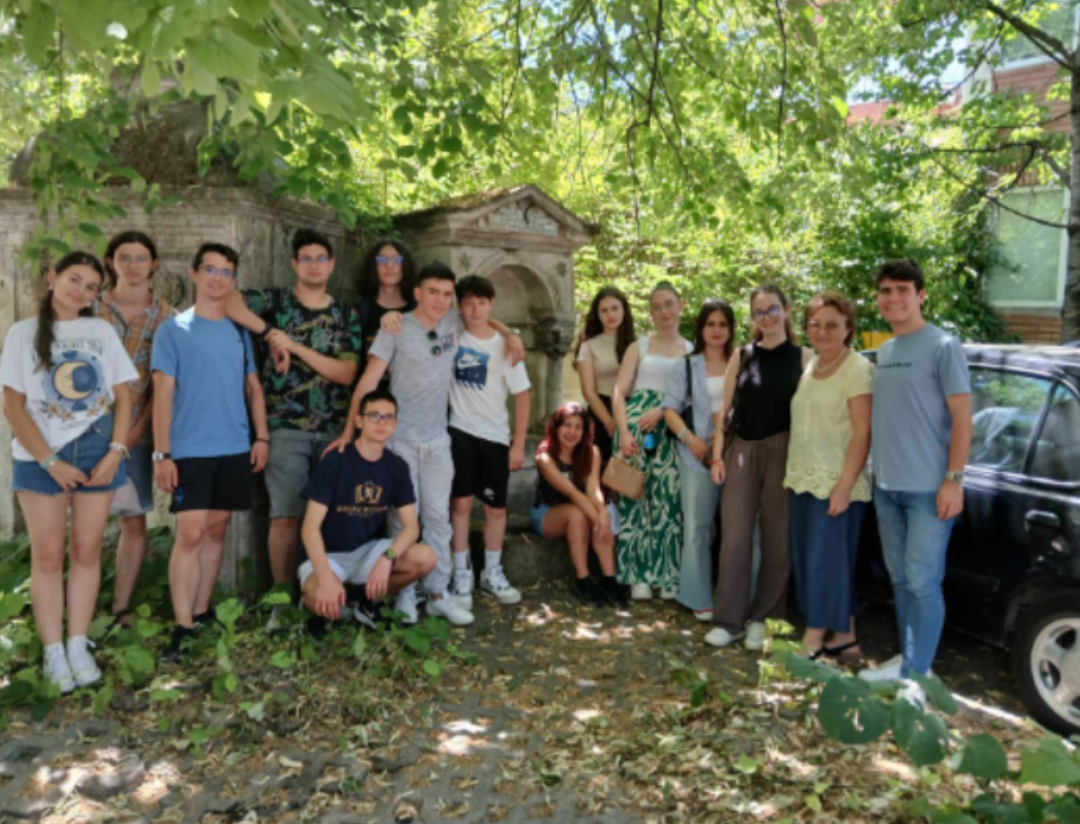
Grant Options for Seminar Graduates
Seminar graduates – teachers of various disciplines and working with students from various age groups – have the opportunity to apply for a small grant to develop local projects with their students, to put into action the competencies they gained during the seminar.
Teachers are encouraged to be creative and design projects which are innovative, employ participatory learning approaches and focus on the topic of Holocaust and human rights. The program offers pedagogical counseling and support for teachers to use the interdisciplinary methodology designed and promoted by TOLI, which combines Holocaust education, human rights education and intercultural education. Through this methodology, teachers create meaningful learning processes for students and develop not only students’ knowledge of history, but also their competences for democratic culture, becoming active citizens in front of present social injustices.
The educational activities supported through TOLI Impact Grant Program can be organized by teachers either individually or in collaboration with other colleagues. In collaborative projects, students get the opportunity to broaden and deepen their understanding about the Holocaust and human rights, by learning not only from their teachers and colleagues, but also from peers in other schools, cities, or countries, whom they can easily meet online.
The activities carried out by teachers are designed to help students learn about various topics related to the Holocaust and human rights, such as the Holocaust at European level or at national/regional/local level, the Jewish community in their countries and specifically in their hometowns, Jewish traditions, Roma culture and history, stereotypes, prejudices, discrimination, racism, respect for diversity, countering antisemitism and other forms of bigotry and hate. Students usually conduct research – online and in local or national archives – read books, watch documentaries and films, meet survivors or their relatives, meet with members of the local Jewish communities, visit museums, synagogues and cemeteries, write essays, make drawings, create posters, photo exhibitions and multimedia presentations. They share the outputs they produce with wider audiences and make them available to be used by their younger colleagues.
Grants have been awarded to support a wide variety of classroom work, visits by Holocaust survivors, field trips to Holocaust centers and other relevant sites, resources for classrooms and school libraries, and extended programming and community outreach that bring Holocaust and social justice education to wider audiences. Grant funds may not be used for teachers’ travel to conferences or to purchase electronic equipment. While teachers may continue to apply for impact grants, individual projects may receive only one grant per year (up to three times in the US and up to six times in Europe).
READ BELOW FOR TESTIMONIES AND FURTHER EXAMPLES OF IMPACT GRANTS COMPLETED IN PREVIOUS YEARS.
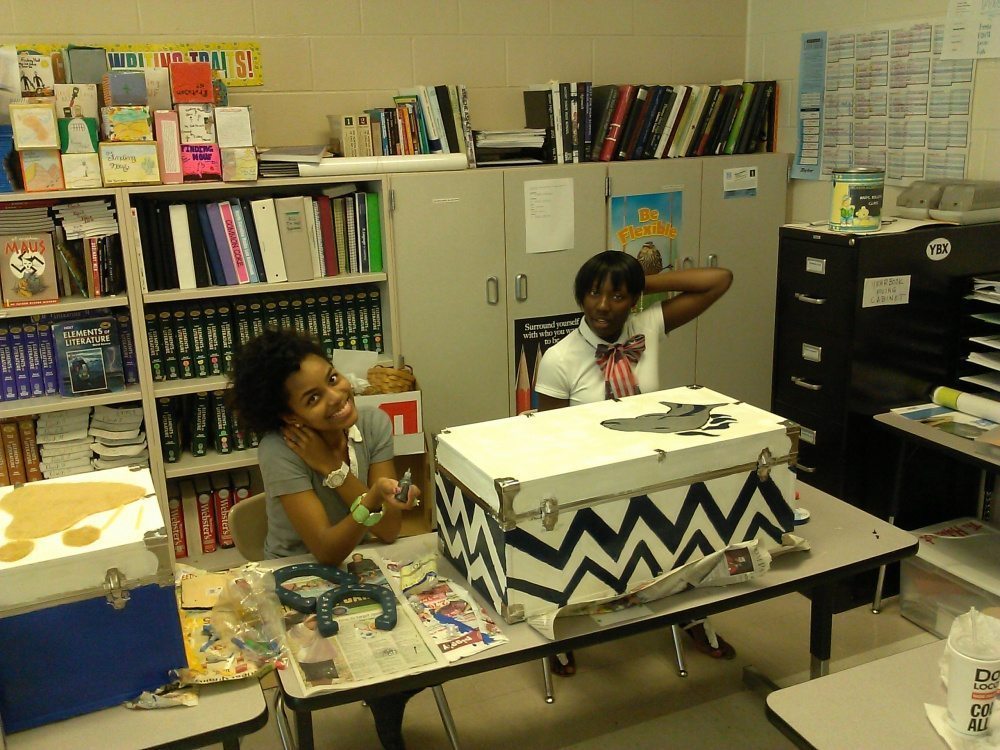
US Grants
Graduates of our US summer seminars are eligible to apply for impact grants of up to $1,000 for projects in their classrooms, their schools, and their communities.
TOLI seminar graduates may receive one grant per school year for a maximum of three years.
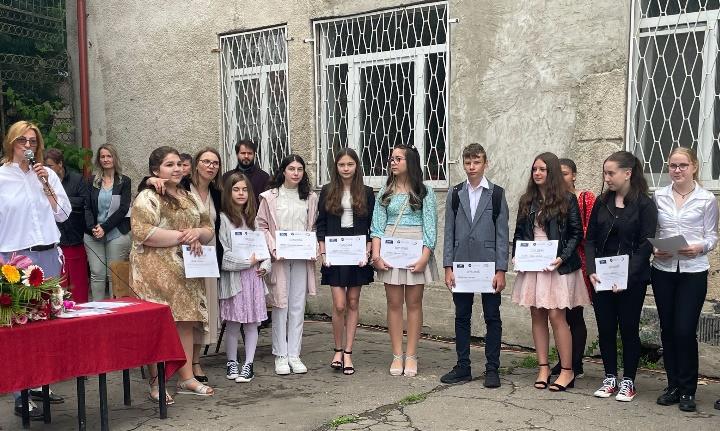
European Grants
The European Impact Grant program started in 2016, as a complementary program to the yearly seminars for teachers.
TOLI seminar graduates may receive one grant per school year for a maximum of six years. For more information about how to apply for an impact grant, alumni of TOLI Seminars in Europe should contact Oana Bajka at obajka@tolinstitute.org.
The 2024 call for projects is currently closed. If you have any questions about your application, please contact Edina Meca at emeca@tolinstitute.org. Applications for next year will open in August 2025.
What Teachers Say

Vesna Kostic, Serbia
“It is so important to address the topics of antisemitism, Holocaust and human rights. Through the Impact Grant Program we are receiving support to constantly remind ourselves and our students of these topics, so that we can prevent human rights violations.”

Marian Plesa, Romania
“The grant program gave me the opportunity to do activities in and out of the classroom on a budget. Without the TOLI grant, the students of Secondary School No. 18 Timișoara would not have had the opportunity to learn the history of Lithuania and the city of Vilnius from people who were the same age as them during the Holocaust.”
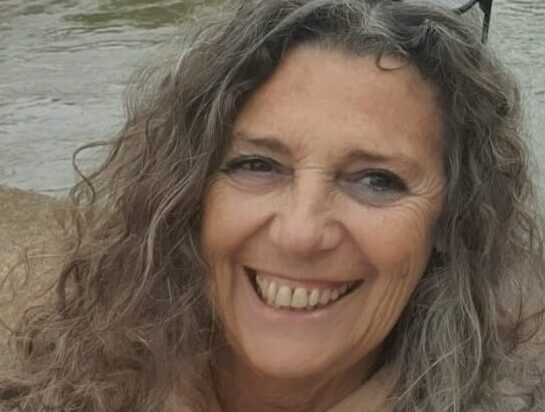
Maria Vincenza Matteucci, Italy
“What I appreciate most about the TOLI Impact Grant Program is the collaboration with other teachers and the possibility of accessing funding to better develop the educational process for my students.”
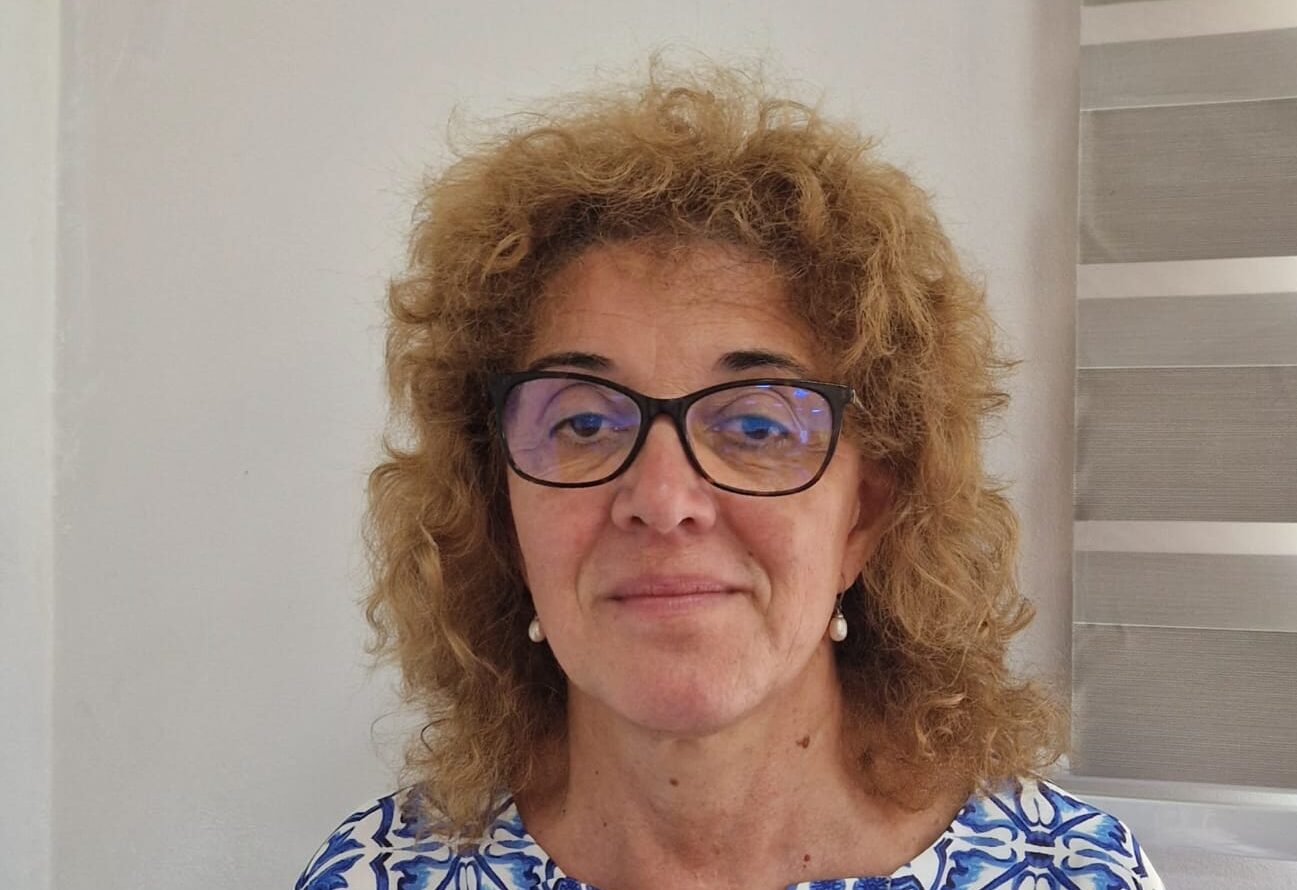
Gabriela Silaghi, Romania
“TOLI Impact Grants offer the freedom to think and organize a project tailored to the
needs of our students, the opportunity to promote democratic values. At the same time, support and counselling are provided throughout the project, which provides confidence and moral support in carrying out the proposed activities.”
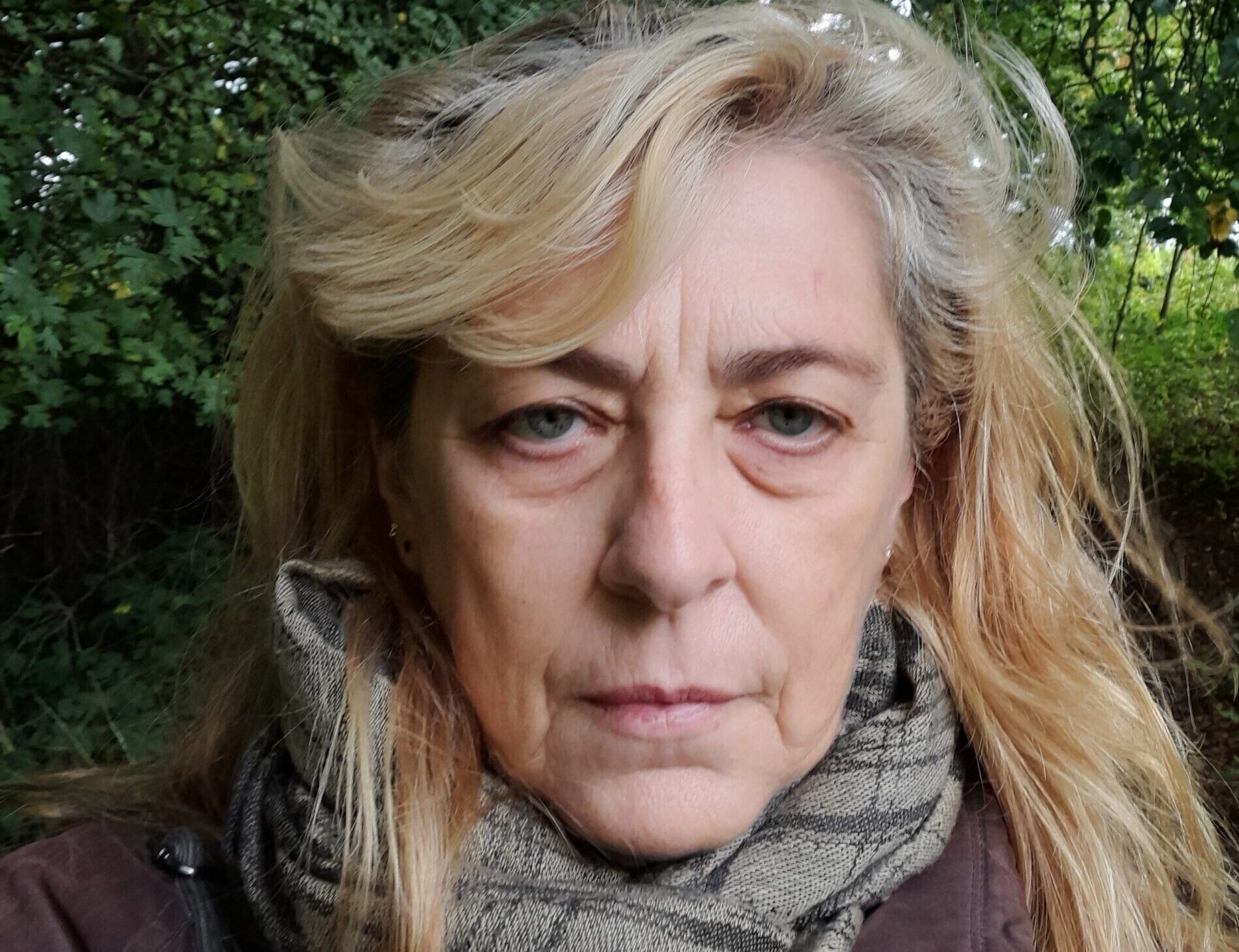
Vaia Manoli, Greece
“The participation in the Impact Grant Program provided to those who participated – teachers and students – the possibility to approach such a difficult subject in an appropriate methodological way, in order to develop necessary life skills. In addition, it strengthened the synergies between teachers both inside and outside our school and enriched the school library with materials related to the teaching of the Holocaust, open to the educational community.”
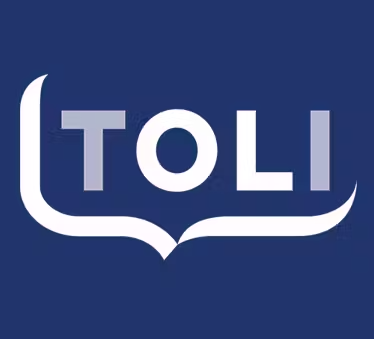
Maria Boiko, Ukraine
“Through the TOLI Impact Grant Program, I got new teaching experience and met inspiring people.”
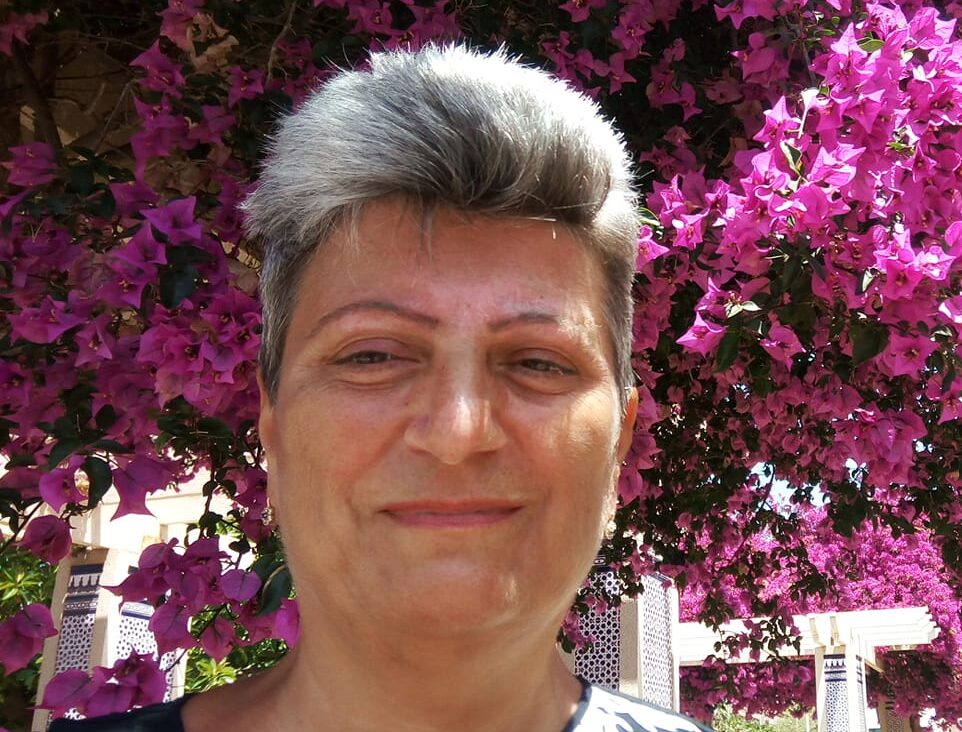
Livia Ghiurcuta, Romania
“The TOLI Impact Grant Program is very important in my professional activity. However, it’s not the money/grants that are most important, but the support received, the recommendations, and the openness that TOLI has towards education, culture, history and the future of our students.”
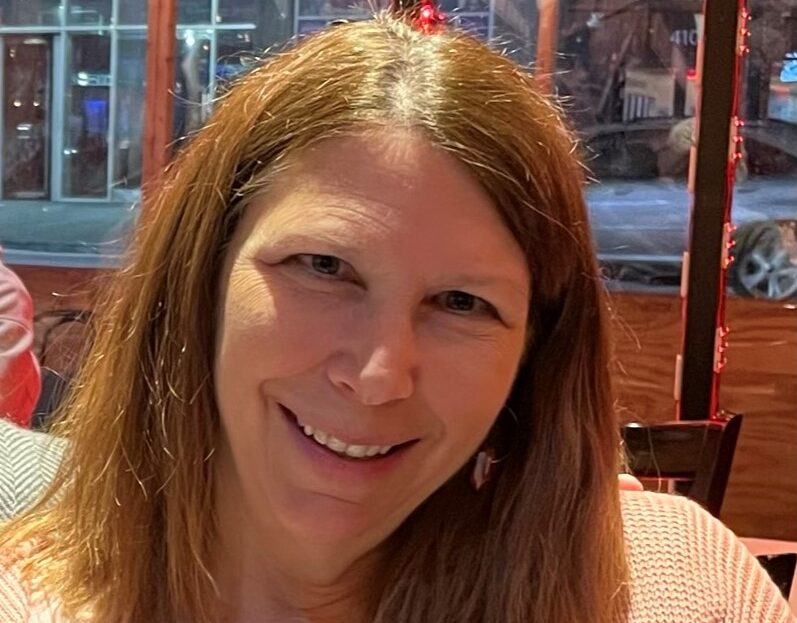
Nicole Korsen, United States
“This excerpt from a French student’s thank you note confirms that not only do outreach programs like this work, but they are necessary and really do inspire students to uncover and act on what is already in their hearts. From Mascime Haspot, Normandy: ‘I can’t find the words to express my gratitude towards you, who made me realize we have a task; never forget, so that your past will never be our future, as said Weisel. This has been an unforgettable experience, a very unique one, emotionally powerful for me and, I believe, for all the other students, and perhaps difficult for you. This effort you made to transmit this story, I will make it as well.’”
Impact Grants




